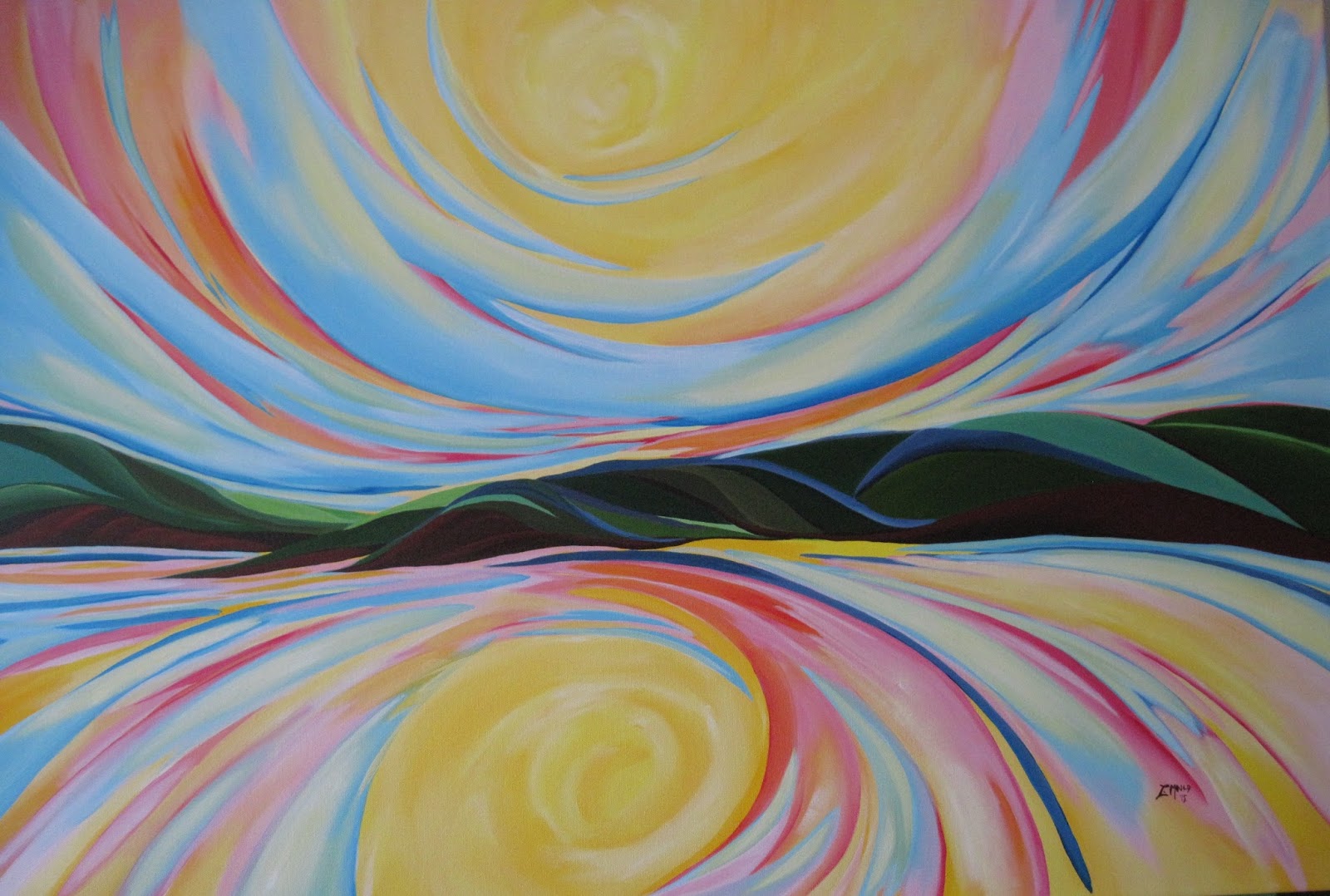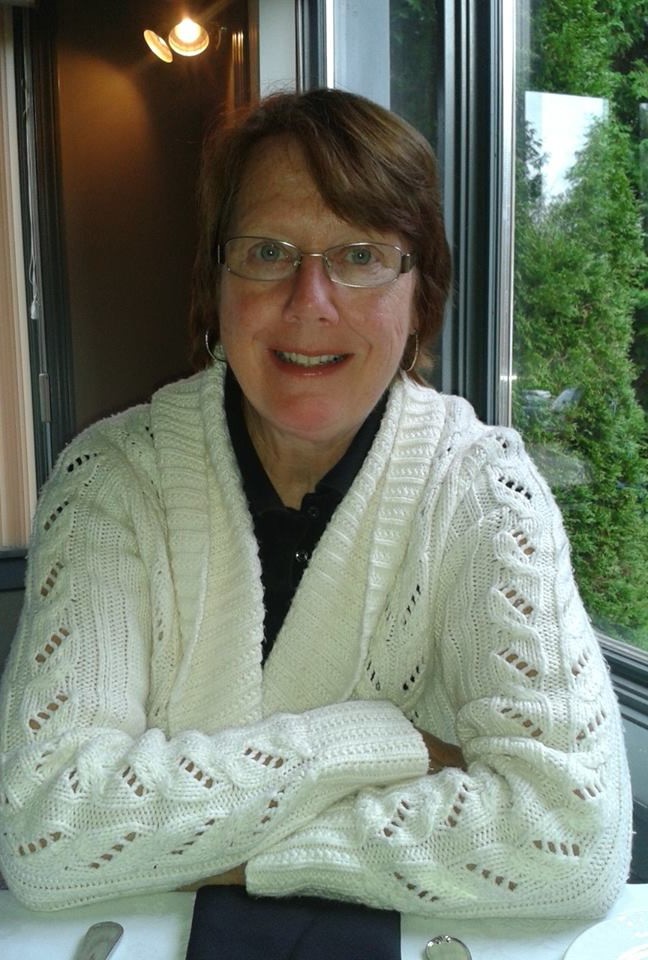
Essential Sky by Louise Mould
The Writing Life: Beginnings
by SANDRA LYNN HUTCHISON
Over the years I have practiced the art of writing I have learned much about the creative process, but, for me, one truth stands above all others: so much depends on how I begin. Do I begin with an idea that rises up from the often arid soil of pure intellect, an idea that has no inspiration to fuel its growth? Or do I begin with an idea that springs up, green and hardy, from the rich soil of prayer and meditation, an idea with origins in the deep life of the inner self — the soul — and plenty of inspiration to fuel its growth?
And so I begin my day, rising with the sun, reading silently from the Bahá’í scriptures and immersing myself in the living waters of prayer and meditation. Sometimes I just repeat one of the Names of God — “He is All-Glorious!” I suspect there is a reason why the practice of repetitive prayer is embedded in so many religious traditions: the task of prayer is to refresh the spirit, not to tire the mind.
From my period of prayer and meditation a plan usually emerges for the creative work to be accomplished that day. I have learned to let go of my own agenda — so many pages by such and such a date. “All art is a gift of the holy spirit,” ‘Abdu’l-Bahá tells us, and so I wait to discern: what must be written that day — what should not be lost, what would be lost if I do not set it down before it vanishes?
American poet Ruth Stone speaks of the poem as a train that approaches without warning, one she must run hard to catch. I like this metaphor. I believe that the most important work is the work we must “catch” before it vanishes with a roar and a whistle into thin air. Such work is inspired. It comes from deep within ourselves. It is our gift to the world.
But the process of settling on the task for the day is not always an easy one. Often it involves choices — the same kind of choices most of us face each day as we attempt, as spiritual beings, to find our way in a world that is overwhelmingly secular. Each day, before I start my work, I ask myself: whom am I writing for — those whose tastes in art are in no way informed by the values and vision that inspire my daily life?
Or do I write for that small band of fellow travelers — readers and writers like myself — who dream of what art might be? And if I am writing for others who seek from art some draught of spirit that might nourish their souls, how will I remain connected, until the last word is set down on the last page, to the divine source that inspires such work?
For just as the soul is, as Bahá’u’lláh tells us, “a sign of God,” so art is a sign of the soul — hard proof, clear testimony that there is more to us than flesh and bone, that our most genuine selves are forged by the visions we generate when we release ourselves from the world as it is and free ourselves to inhabit our dreams of what the world might be.
Through art, we speak our truth to the world. Through art, we demonstrate that we see the world anew and that what we see is worthy of praise. Our art cannot help but communicate our joy.
And so it seems to me that creating an art imbued with spirit does not require our transcendence of the world, but rather our transformation of ourselves. If beginnings have their roots in inspiration, then endings have theirs in transformation. And so we begin the process of creating art guided by inner promptings that are themselves being continually refined in the fire set ablaze by the tribulations and the joys of our journey through this, the “first life,” as it is called in the Quran. It is in our beginnings that we set our course for the long journey.

Her stories have been anthologized in a variety of publications, including Chinese Ink, Western Pen: The Oxford Anthology of Stories About China (Oxford U. Press, 2000). She holds a Ph.D. from the University of Toronto in English literature and has been the recipient of various academic and literary awards, including a Killam Postdoctoral Fellowship, an Emily Dickinson Poetry Prize from Universities West Press and a Jane Kenyon Poetry Scholarship from Bennington College, where she did work towards an MFA in Poetry.
She lives and teaches in Orono, Maine, where she is working on a memoir and a novel.